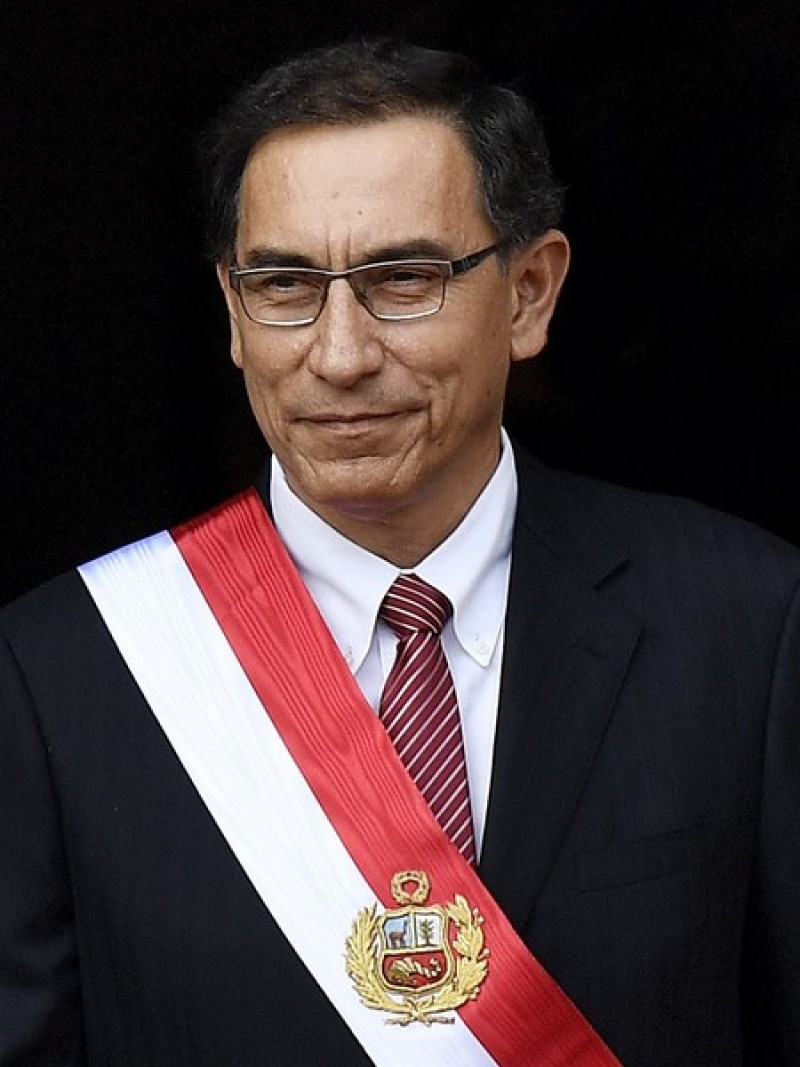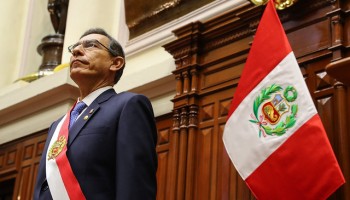“No matter where corruption comes from, it deserves exemplary punishment,” he said without elaborating what the “exemplary” punishment would be.
But Samuel Rotta, the director of Proética, the Peruvian Transparency International chapter, said that it’s not up to politicians to say who is going to be punished or how.
“Exemplary punishments do not depend on the government, but on the investigative and judging bodies,” he explained.
The penalties for corruption are high in Peru and the legal system already considers additional punishments such as “civil death” and disqualification,” Rotta told OCCRP. Civil death is a deprivation of civil rights.
The role of the government, Rotta said, is to facilitate reporting and make processes as transparent as possible.
Shortly after Peru declared state of emergency on March 16, Proética recommended to the government to apply “a policy of maximum transparency in contracting and acquisitions, detailing goods and services and providing information on contractors,” Rotta said.
President Vizcarra said that the Peruvian General Comptroller’s Office that oversees public spending already had a US$8.8 million budget increase and that it is fully functional to face the corruption threat. He also called on the Ministry of Economy to unleash even more funds for the controlling body, if needed.
But Proética’s Rotta thinks it is materially impossible for the national control system that consists of several bodies led by the Comptroller's Office to oversee the entire universe of acquisitions that are being carried out, as well as other investments.
“This material impossibility must be complemented by a more aggressive transparency policy and facilitate the control of other actors, such as municipal councilors and regional councilors, the local community, independent experts and journalism,” Rotta said.
Current circumstances, he added, may result with distrust, as “many acts of corruption in an emergency context like this, will ultimately end up fueling the distrust of citizens towards the state and towards the public.
“This has a devastating effect on our social fabric and reinforces cynical attitudes towards corruption, unease and disinterest, or even violence,” Rotta said, stressing that therefore one can respond swiftly to “deactivate the accusations, particularly those originated in half-truths or false news.”
Peru reported 20,914 people positive to coronavirus, including 572 casualties.






